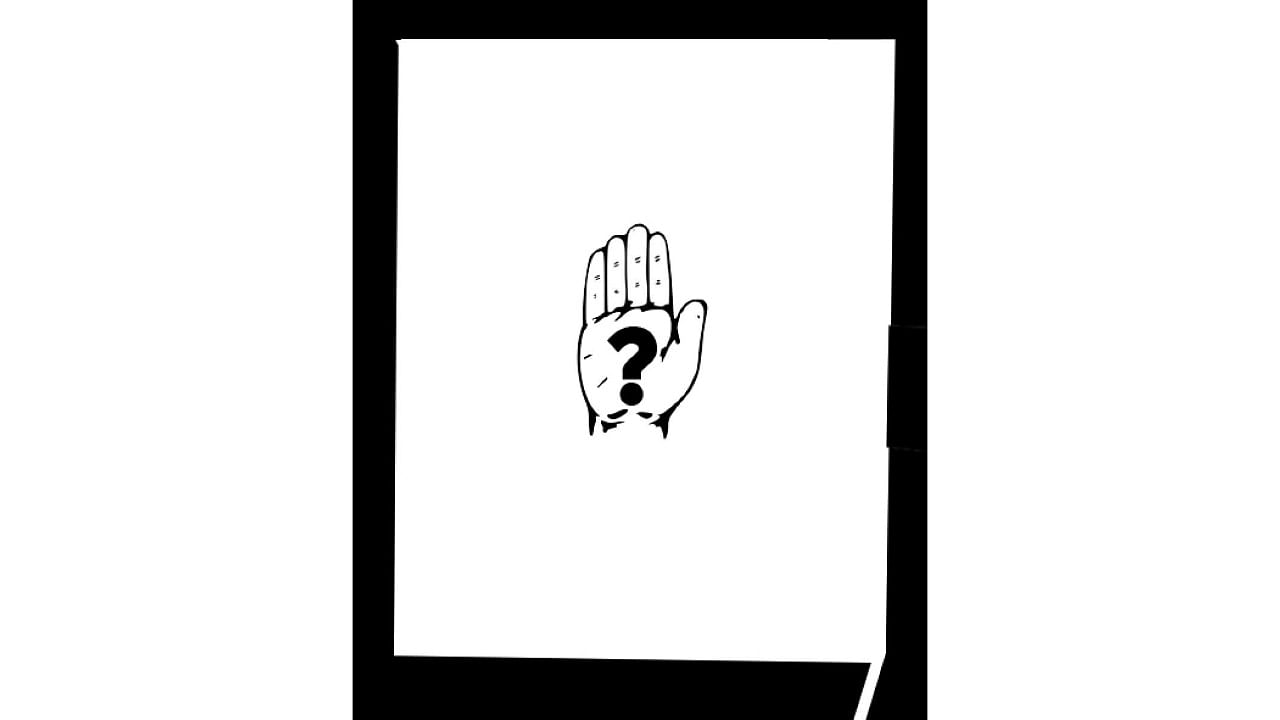
The Karnataka Assembly elections saw an unprecedented 73.19 per cent voter turnout. The Congress, having won 135 seats in a House of 224, has formed the government, with Siddaramaiah as Chief Minister.
During its election campaign, Congress had fielded Kannadiga campaigners and made statements and promises that touched Kannadigas, especially at the lower socio-economic levels. It identified with farmers, workers, minorities, and Dalits. It was in contrast to the BJP’s election campaign, which was dominated by non-Kannadigas – Narendra Modi, Amit Shah, Yogi Adityanath, J P Nadda -- who effectively overwhelmed the BJP’s Karnataka team. They hardly addressed people’s concerns, but spoke of having provided airports and expressways, which benefit the upper crust of society. The people of Karnataka were underwhelmed by the BJP’s campaign because, some say, it was marked by negativity and grandstanding.
Studies show that people were unhappy with the Basavaraj Bommai government emphasizing the Hindu-Muslim divide, including by enacting certain legislations, and with the Hindi-Hindutva push of the central government. Modi’s exhortation to chant “Jai Bajrang Bali” and vote for the BJP was a miscalculation. There were other reasons, of course.
During his election campaign, PM Modi reportedly spoke words to the effect that the outcome of the Karnataka 2023 elections would show the way for 2024. Some Congress votaries gleefully recalled his statement after its resounding victory.
How Karnataka 2023 will reflect in state elections in Mizoram, Chhattisgarh, Madhya Pradesh, Rajasthan, and Telangana (all due in November-December 2023), and in Andhra Pradesh, Arunachal Pradesh, Odisha and Sikkim (due in 2024, before or along with the Lok Sabha elections), is open to conjecture. How Karnataka 2023 and the nine state elections will affect voting in the 2024 Lok Sabha elections, is further conjecture. Voters may well vote for one party in state elections and for another party in the Lok Sabha elections.
Let us not fail to note that past Congress governments in Karnataka and other states or at the Centre were far from immune to the spoils of power, although they perhaps did not “achieve” the alleged “40 per cent” heights of the BJP.
The national and state-level Congress appears to have benefitted from Rahul Gandhi’s Bharat Jodo Yatra (BJY), during and following which, RaGa successfully shed his “Pappu” image and earned national recognition. The BJP expelling him from parliament perhaps acted in his and Congress’ favour, because the electorate is anything but stupid. He is rising as a credible counter to Narendra Modi. Some give credit to Rahul Gandhi for the Congress’ increased vote-share in the Karnataka constituencies that were along the BJY route.
Further, after 24 years, the Congress has an elected non-Gandhi president in Mallikarjun Kharge. Kharge effectively brought the weight of his experience and his unquestioned political stature in Karnataka to bear on the outcome of Karnataka 2023, including effectively keeping the Gandhi family off centre-stage. He was instrumental in resolving – at least for now -- the sensitive problem of Siddaramaiah and D K Shivakumar competing to be Chief Minister.
National scene
The UPA government of Manmohan Singh formulated the 12th 5-Year Plan focussing on economic growth and omitting poverty alleviation, which was part of all previous Plans. Manmohan Singh had, as Finance Minister, introduced ‘trickle-down economics’ into Indian policy-making with the 1991 reforms.
The laws and policies of successive Union governments since the 1991 reforms have been pro-corporate and, with the exception of the NREG and RTI Acts, loaded against people at the bottom of the socio-economic pyramid.
Arun Shourie’s pithy description of the NDA government of Narendra Modi as “UPA plus cow” exposed the reality of the UPA and NDA having similar, if not identical, economic policies and governance failings, but with the BJP’s additional Hindutva factor.
Over the years, the political culture and conduct of elected representatives of all political hues within and outside state and central legislatures has deteriorated. Somnath Chatterjee was possibly the last Lok Sabha Speaker (2004-2009) who conducted business with credit, and it may be difficult to identify a Speaker of a state Assembly nearly of his calibre. For many years past, “resort politics”, with the buying and selling of legislators, and the dysfunction of most legislatures has alarmed and disgusted the people.
All this presents an opportunity for the new government chosen by the people of Karnataka to govern with transparency and accountability, and shift its focus to people-oriented policies and actions, and away from Congress’ hitherto pro-corporate policy.
Way Ahead for Congress
The Siddaramaiah government should focus on roti-kapda-makaan issues and job-creation, and upon programmes that benefit youth, women and the Third Gender. It can enhance its urban voter base by sincerely implementing people-friendly legislations, like the Street Vendors (Protection of Livelihood and Regulation of Street Vending) Act, 2014.
The Congress should address constitutionalism by critically revisiting recent legislations, rules, notifications and orders that abridge people’s fundamental rights or cultural expression, and repeal or amend them after discussion in Vidhan Soudha.
The government should empower the Legislature Privileges Committee to evolve a mechanism to take effective action against MLAs making hate speeches or inciting violence. It should appeal in the Karnataka High Court against the Licensing and Regulation of Protests, Demonstrations and Protest Marches (Bengaluru City) Order, 2021, which abridges people’s fundamental right to hold peaceful protest rallies.
The new Congress government will be watched by the nearly 43 per cent voters who voted for it to see whether and how it will fulfil its poll promises, and by the rest of the voters for obvious other reasons. Thus, even with a comfortable majority, Congress faces strong opposition in the Assembly.
The Constitution assures liberty of thought, expression, belief, faith and worship, but does not mention dreams. There are those who dream that today’s Congress-under-new-management, starting with Karnataka Congress’ Siddaramaiah government, will lead towards assuring ‘Fraternity’ among ‘We, the People’, so that ‘Justice, Liberty and Equality’ may be realised. Karnataka 2023 may well be an inflexion point for India’s Grand Old Party, and for India.